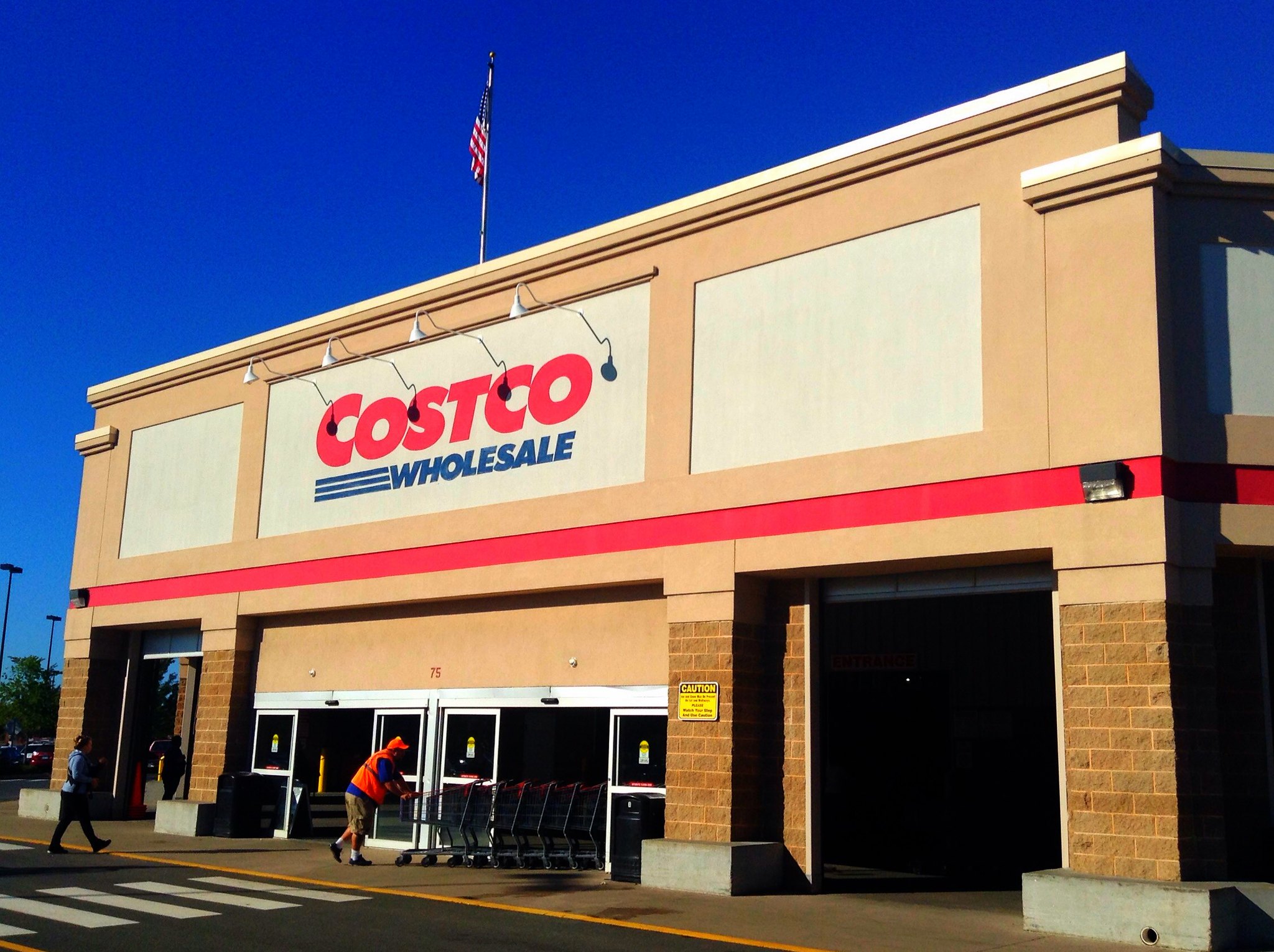A lack of communication from delivery companies is the main reason UK consumers miss scheduled deliveries, with nearly one in four British consumers (23%) saying poor communication has caused them to miss a delivery in the past 12 months, according to new research from Engage Hub.
Other reasons included the parcel not arriving at the specified time (22%) and the consumer having no ability to reschedule the delivery time (17%). One in ten British consumers (10%) said their parcel was delivered to the wrong address.
When asked about what they consider are the most important elements of the delivery process, nearly half of UK consumers (49%) cited clear confirmation regarding delivery time and just under a third (30%) said they consider timely updates from the delivery company in the event of any changes as most important.
Simon Brennan, VP Sales at Engage Hub, said, “For every failed delivery, you are effectively adding another delivery to the slate. This not only incurs additional costs but also potentially loses customers who feel they have experienced a bad service.”
“Transparency of processes throughout the physical supply chain is key. With this level of insight, consumers have a much clearer understanding of when they can expect their delivery. However, a retailer or logistics firm’s best chance of getting goods delivered on time is if a customer is able to interact with them directly to change the parameters for collection or delivery scheduling/rescheduling. Successful retailers and logistics firms will not just inform their customers about their deliveries – they will engage with them, in a two way conversation.”
The study showed that text or SMS was the most popular channel for communication with more than half (59%) saying that it was their preferred choice. This was followed by email for a quarter (24%) of those surveyed.
Brennan added, “Providing regular updates with customers, through their communication channel of choice, is critical to keeping customers happy at a time when loyalty is at an all-time low.
Image credit: Fotolia








